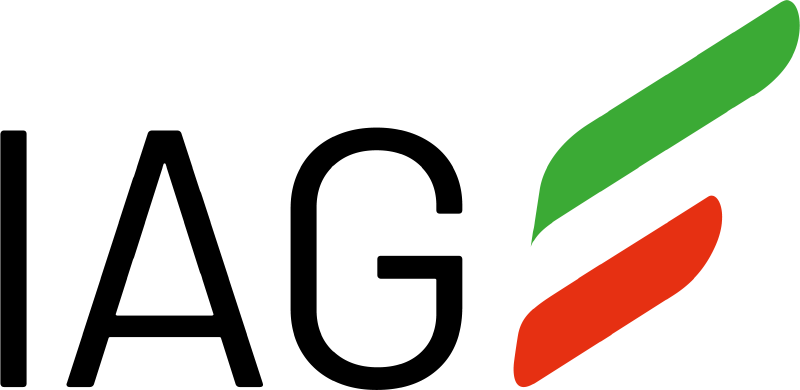Anna Benini is also a second-generation entrepreneur in the field of Real Estate and Renewable Energy. In 2020, she founded LianeCare, a flexible benefits platform focused on humanizing the workplace. For 4 years she was President of PWN Rome, a global nonprofit organization that aims to reduce the gender gap in the workplace and social sphere. She is still actively involved in promoting a culture of gender inclusion and is a business angel of Italian Angels for Growth (IAG). Let's get to know her better.
After more than 20 years of experience in Human Resources Management in Italy and abroad, you have realized that processes should not only be standardized, but that they should be designed by putting people at the center. Can you tell us more about that?
Thank you for this question, which immediately allows me to go beyond slogans and better explain what it means to put people at the center of an organization without too much hypocrisy and while maintaining a clear business vision. In the early stages of my career, I worked in the Italian offices of foreign multinationals and at the corporate of a company that at the time had over 60,000 employees and presence in 150 countries. Clearly, automating processes and using HR systems was a necessity with such many resources operating globally, but processes and systems do not make the difference in a company's economic performance.
These elements are a necessary condition, in the absence of which HR is perceived as the bureaucrat and the paper-pusher that no one wants to deal with in the company, but they are not sufficient aspects to make a difference. Making a difference requires trying to push people and the organization to perform at its best. To achieve this, it is necessary to listen deeply to people, their motivations, what is going on in their lives, and sometimes even go beyond purely textual listening to be empathetic. This listening starts in the selection phase and then tries to find the right alignment between the individual and the company at each stage of the working career. I would add that in my view HR has a great disambiguation role in the company where, as is often the case in some cultures, there is a greater need for an interpreter between business and people.
Over time, in addition to your experience as an HR Executive, mother, wife, caregiver of a father with cancer, you have collected endless stories of men and women. Why is it important to consider the person as a human being as well in order to make the right decisions and value those behaviors that are important for growth in the company?
Of course, things happened to me that are normal in life, events that happen to everyone. Having a partner, children, losing a parent, a friend, laughing, crying, being afraid....... When I started working all this humanity was kept away from workplaces, in a way I would even say tenaciously voluntary. I still remember an episode that was emblematic for me, today perhaps almost unthinkable that happened to me in 2012. The Facebook feed proposed as a contact the president of my Region - with whom I worked daily - and I naively asked him to friend me. I immediately got a very polite reply saying, "I only accept Facebook friends."
Putting aside the fact that it is sacrosanct for everyone to accept whomever they see fit among their contacts, it was precisely this sharp distinction between environments that has always puzzled me. By training I am an occupational psychologist, and so I know that as human beings we carry our identities into workplaces just as we do at home. Certainly, the organizational role one plays dictates certain behaviors, but the more I conform to what is required by betraying myself, the more I will create a disconnect with my needs that can have repercussions on me as a person, but also on the way I work. Similarly, if something serious happens to me or an important event in my personal life maybe I will also be at work (Presentism), but my head will probably be elsewhere. Here, the covid-19 certainly returned to us in a clear way that there is a life beyond work, homes, families, friends, in short, dimensions that can no longer be scotomized and disregarded. This means that the company must make itself the bearer of this human vision and must take it into account in its policies in a real way and not just propaganda.
What were the challenging moments you encountered when you chose to become an entrepreneur?
I get bored quickly, I need constant intellectual stimulation that I often generate, which is why in my life I have made what is called a non-linear career: I have been an employee, a consultant, managed a generational transition in family businesses, then an entrepreneur and thanks to IAG also an investor. These changes have never been easy, because they have required total re-positioning, lots of study and an ability to decode contexts that are sometimes very distant from each other. Today this variety of experiences is a uniqueness of mine, which over the years has allowed me to create a very wide and differentiated network that has helped me. The moments of difficulty as an entrepreneur have been many and it has taken me a long time to feel comfortable in this capacity.
If I had to sum them up, I would say that it was very difficult for me to adapt to the emotional roller coaster I was exposed to daily, and it was equally difficult to learn to be patient: the first company I sold to an investment fund in 2020 required a lot of commitment and focus. Finding people who not only believed in my project but were aligned with me from a values standpoint was also not easy, and I often sinned in conceit. When I compromised, they turned out to be a disaster for the company. Another example: in LianeCare I still remember that a few months after the first collection made by Family & Friends, I was ready to quit, because I felt the pressure of failure, but also that I was betraying the trust of people who had given me credit because they knew me.
And that's where the magic of working with aligned people and investors happened, because after an analysis they spurred me on to continue. After all, a company can only be successful if it exists. Also, I was coming from a de facto specialist trade where expertise guided me in decision making. Exposing myself to everything by having daily doubts about what I was doing and often finding in others a curiosity mixed with surprise in dealing with a female entrepreneur were additional obstacles to overcome.
For several years now, you have also approached the world of angel investing. There are more than 300 business angels active in IAG who are committed to achieving together what is difficult to achieve as individuals: sharing of experience, circulation of knowledge, better risk management, reduced costs of due diligence and research of investment opportunities. What advice for HR people in a startup?
I'm very happy to have joined IAG and to be able to learn something new about this business every day from great professionals by putting my hands in the business and making investments myself.
Doing human resources in a start-up has its own peculiarities (I wrote about it here if anyone wants to elaborate) and a lot of the time it is an activity in the hands of the Founder. The fundamentals of the work are the same but the size and stage the business is at greatly impacts the HR priorities to follow.
Among the 8 HR priorities a founder should pay attention to when starting up, I would select these as must-haves:
1. Start with self: high self-awareness, self-awareness of skills, including soft skills, leads to better team performance.
2. Hire people who understand the importance of the customer: customers make it possible to understand whether the product works and help improve it, only if they are at the center of the start-up's decisions and processes.
3. Align performance continuously: set goals, define outputs and KPIs, provide continuous feed-back to everyone, and identify the right times for development.
4. Recruit slowly, but close quickly: take the time to identify the right people to bring in, but if things are not working be very quick to make the decision to close.
In Europe, and especially in Italy, there has always been a culture that is risk-averse and against failure, which is a critical success factor for those who innovate. Is defeat really a failure or an opportunity for growth?
The issue of failure, fortunately, is beginning to be more accepted in our culture, starting from school, family to work. There is undoubtedly still much to be done in terms of culture to make people understand that being perfect is not only beneficial to health, because it forces us to ideal standards, but also has repercussions on the results we produce. In the attempt to be perfect, to do perfect things, we keep procrastinating or avoiding situations and never achieve success. So failure is undoubtedly an opportunity, but one must have the right mindset in dealing with it.
This mindset, also called growth mindset by psychologist C. Dweck, should be developed from an early age and should be trained by trying to get out of one's comfort zone as much as possible, not only at work but also in life, to adopt a continuous learning approach: "I don't fail, but I learn." If I look back for me the most significant experience in this regard was not a work experience, but a trip I took for 6 months alone as a backpacker in South America at the end of university: I learned a language I did not know, being alone I had to ask a lot and depend on others to figure out what to do, I learned mundane things for example eating alone in a restaurant, and these experiences became ingrained in me, increasing my sense of self-efficacy. Then when I was expatriated for work several times outside of Italy, I dealt with the assignments and changes associated with these experiences much more easily. Yet another example of how the line between personal and professional is very permeable....








